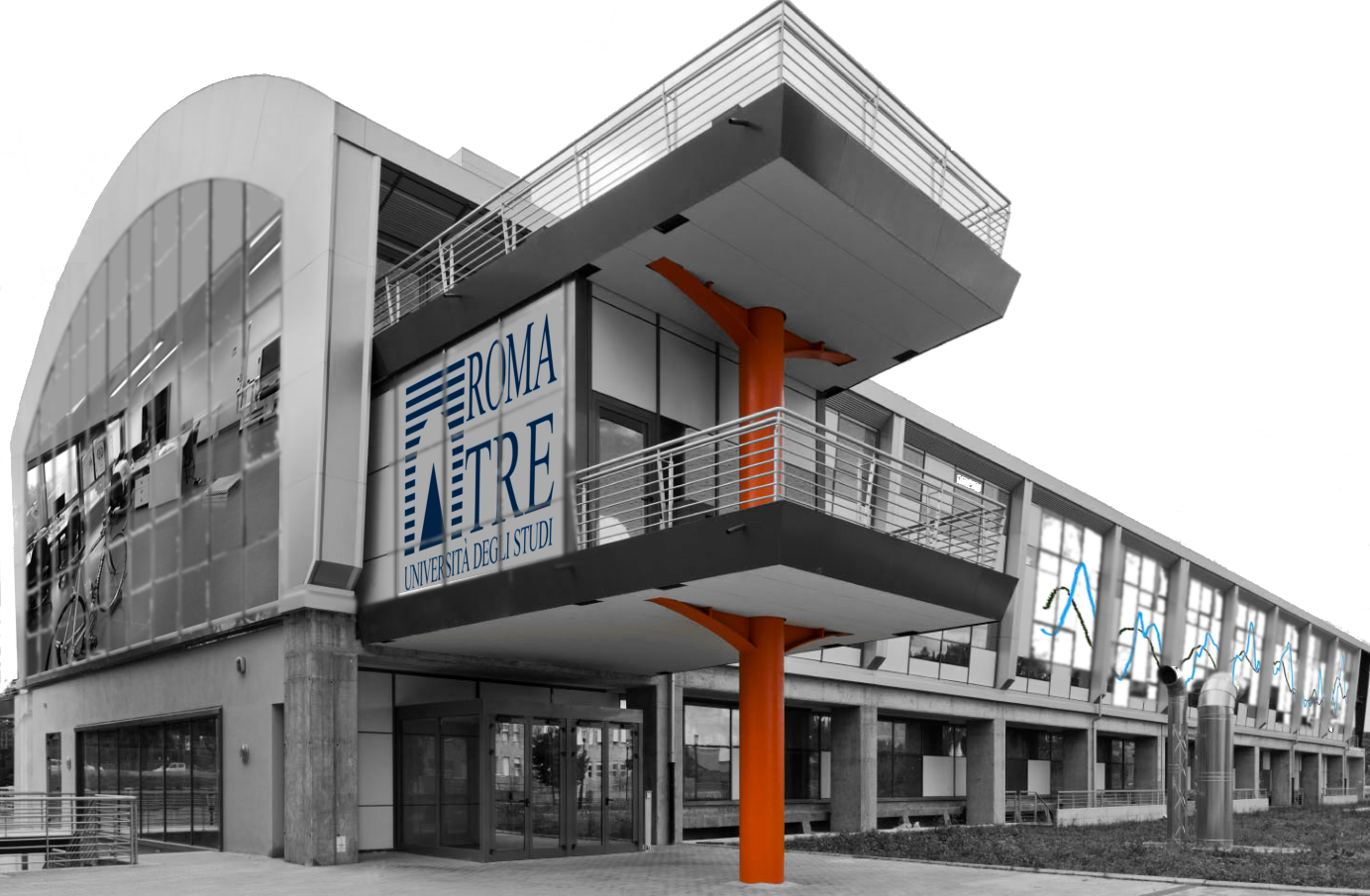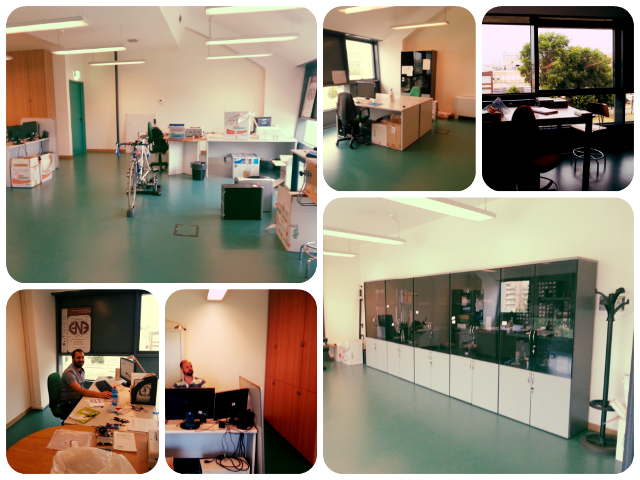BioLab3 
Biomedical Engineering Laboratory
 |
|
| Phone Number | +39 06 5733 7057 |
|---|---|
| Website | http://biolab.uniroma3.it |
| Founder | Tommaso D'Alessio |
| Research group head | Silvia Conforto |
| Lab coordinator | Maurizio Schmid |
BioLab³, the Biomedical Engineering Laboratory at the Department of Industrial, Electronic and Mechanical Engineering, Roma Tre University, aims at developing and offering new approaches, methodological innovations, and technological solutions to be applied in the field of human movement science at large.
The field of application ranges from the functional evaluation and analysis of motor and physiological markers associated with neuromuscular disorders and conditions (e.g. Parkinson's disease, Stroke, Prosthesis use, Ageing), to the long-term monitoring and description of the quality of human movement and behaviour in unconstrained scenarios, to the development of technologies for human enhancement, rehabilitation, assistance and social inclusion at all age levels.
To this end, EMG, wearable inertial sensors, marker-based and marker-free kinematics, force sensors are used as data sources, and investigated, often in combination. Application fields include performance optimisation in sport activities, risk assessment in ergonomics, motor recovery monitoring in rehabilitation, evaluation of bio-feedback effects on motor control in neuromechanics.
Come visit us |

